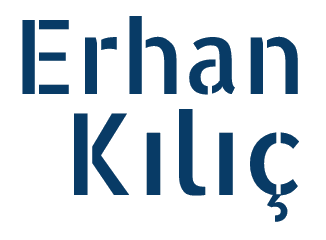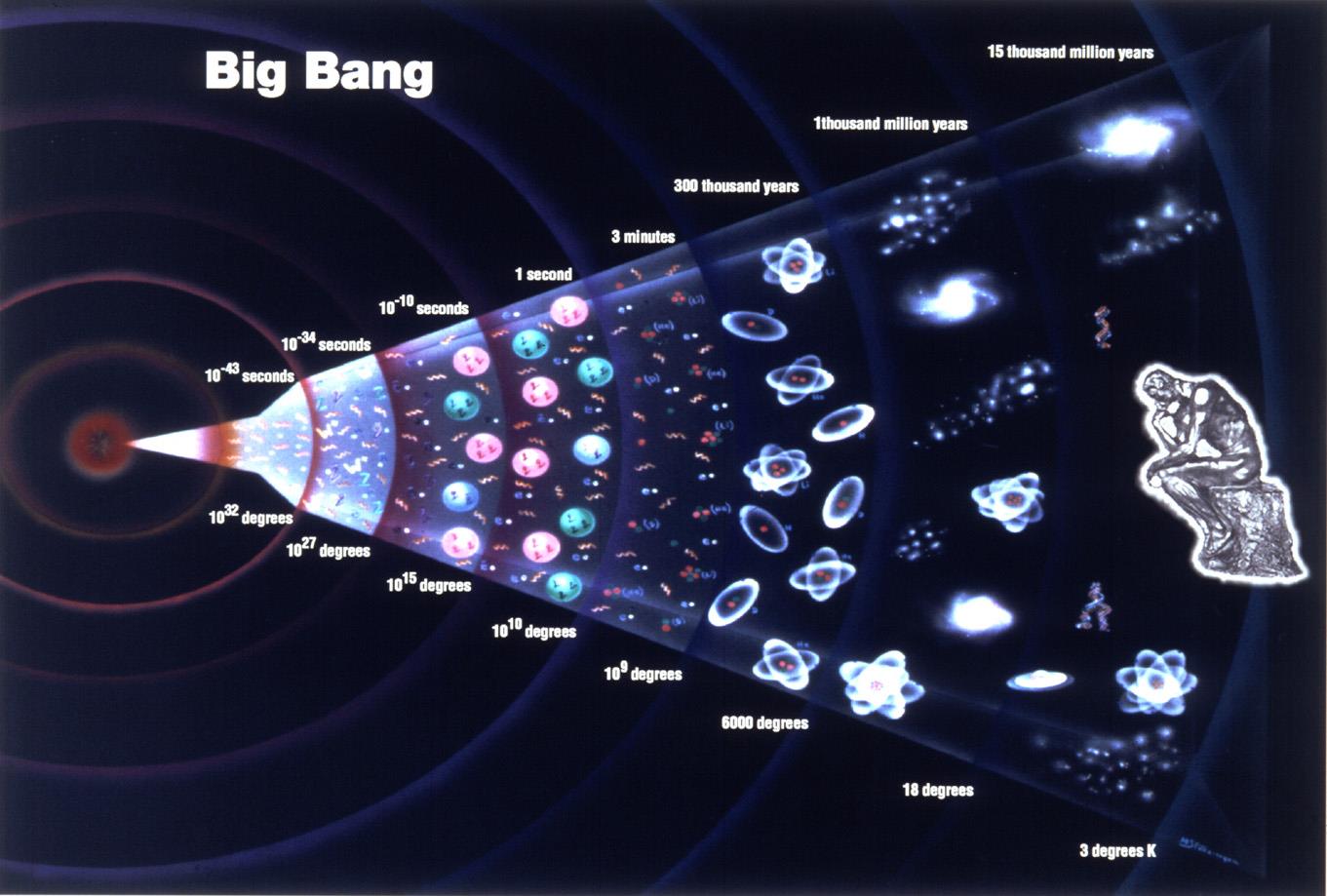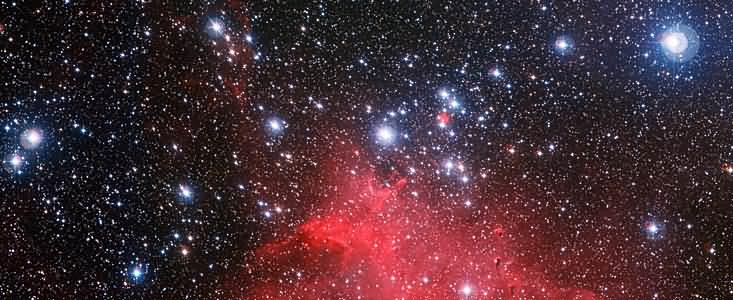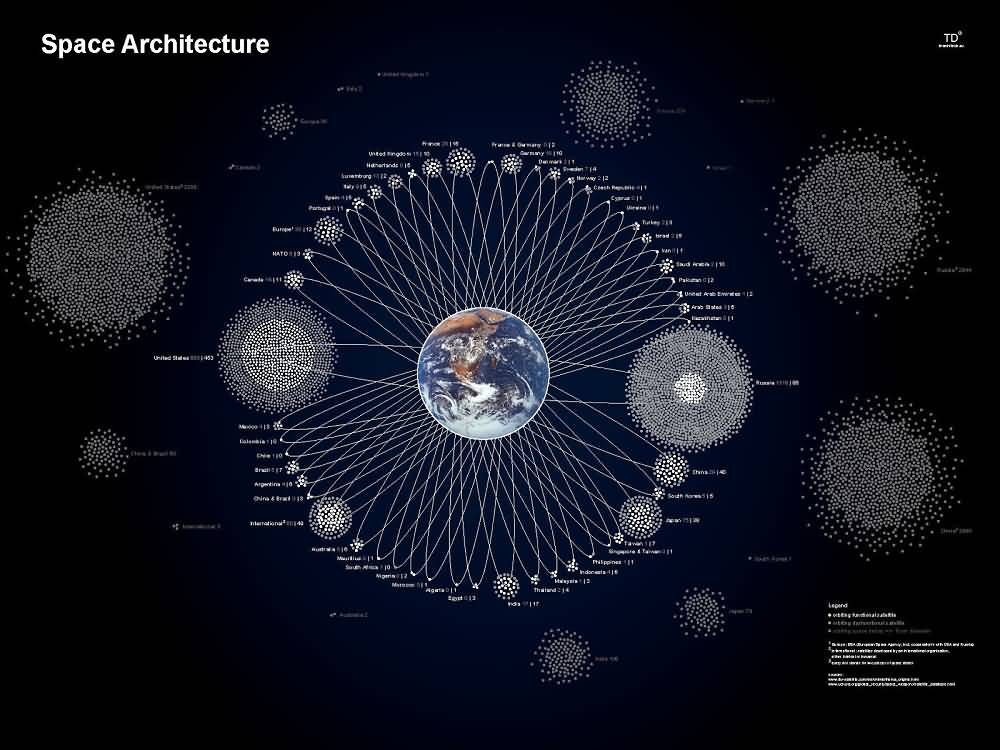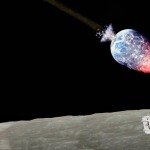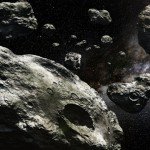Yet Another New Theory on the Formation of the Universe
By now, you're familiar with the Big Bang theory, something even the most indifferent have heard of. It's a well-known theory. But let's emphasize, it's a theory. That is, there's evidence to support it, but there are also things it can't explain. There are also things that contradict it. But because it's the best theory available, it's always in the spotlight. But that doesn't mean it can't be refuted. Numerous alternative theories to the Big Bang exist, and they're constantly being developed.

Microwave Cosmic Background Radiation, a picture of the universe's temperature fluctuations 13.77 billion years ago
At this point, what I'm about to explain has led to the production of yet another theory. (Actually, I should get used to calling it a hypothesis by now, anyway.) While the Big Bang is thought to be the sudden expansion of infinite density from a very small point, according to the hypothesis of Christof Wetterich of Heidelberg University, the Big Bang never happened, and the universe slowly evolved from an empty and very cold state to the present day.
As we said, this is not the first alternative hypothesis, and it won't be the last. For example, in 2012, scientists from Melbourne and RMIT universities claimed that the universe experienced a phase change 13.8 billion years ago, just like a solid object transitioning into a liquid. (Another example is the hypothesis about the end of the universe.) in my article (It was also hypothesized that the universe would collapse due to a similar phase change and mass increase.)
But Christof Wetterich's theory doesn't stop there; it also posits that the universe isn't expanding. In his final paper, Heidelberg argued that the universe evolved slowly from a very cold beginning, and that over vast cosmic periods, the mass of particles increased while their gravitational forces decreased. He called this the "crossover" model, which lacks the singularity of the Big Bang.
His claim could be true in theory. Such a change would make the universe appear hotter than normal when we look back in space, and would create the appearance of distant objects being redshifted, meaning they are receding. Similarly, using this theory, you could travel as far back in time as you like into the universe's history. You'd just encounter a duller, colder, and emptier universe. You wouldn't even have to explain the singularity of the Big Bang. Of course, this doesn't change the fact that it's insufficient to explain the cosmic microwave background radiation.
Still, we're a long way from a definitive theory. Up until then, all theories are the apple of my eye.
Source:
- io9-New theory suggests the universe emerged from a long, cold deep freeze
